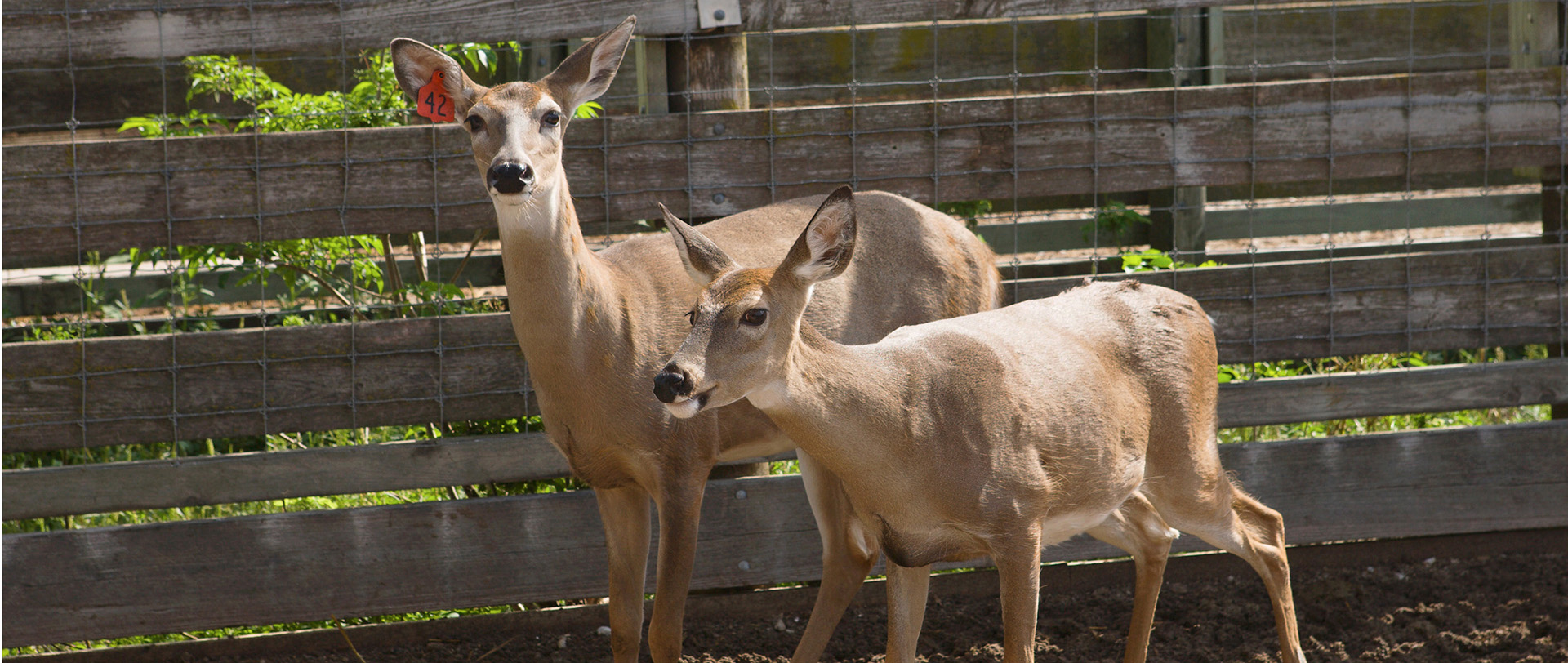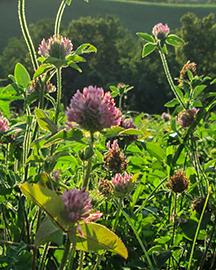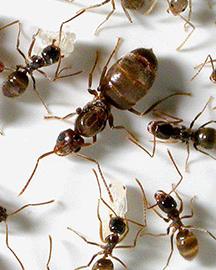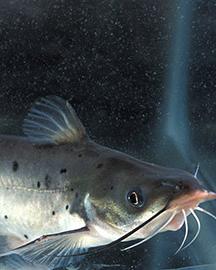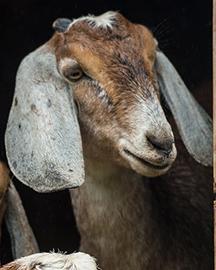ARS Scientists Test Farm Animals for COVID-19
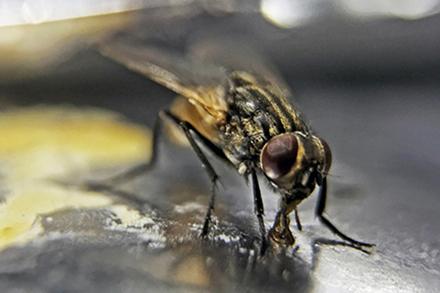
In the midst of the pandemic, ARS researchers sought to determine if America’s agricultural system is safe from Covid-19. The research was to determine whether farm animals were susceptible to the SARS-CoV2 virus and, if not, remove potential concerns of farm animals becoming infected and transmitting the virus to people. COVID-19 is the term used for the disease, while SARS-CoV-2 is the acronym for the name of the virus that causes COVID
ARS research provided science-based evidence that eggs and live poultry, cattle, swine, and some arthropods (mosquitoes, ticks, flies) were not able to replicate the virus and become a source of infection for people. Of all the farm animals studied, only farmed-raised white tailed deer were susceptible to SARS-CoV2. Researchers found that white-tailed deer who were in close proximity could shed and transmit SARS-CoV2 for up to 5 days once infected. This transmission efficiency could limit potential opportunities for these animals to spread the virus to other susceptible wild animal species.
This research is critical to assess the relevance of natural SARS-CoV2 infections in white-tailed deer populations and the potential risk of zoonotic spillback into humans. Further research will help answer important questions regarding the potential impact of white-tailed deer during the COVID-19 pandemic, and most important, confirm or rule out their potential role as a reservoir for the virus.
Related Information


